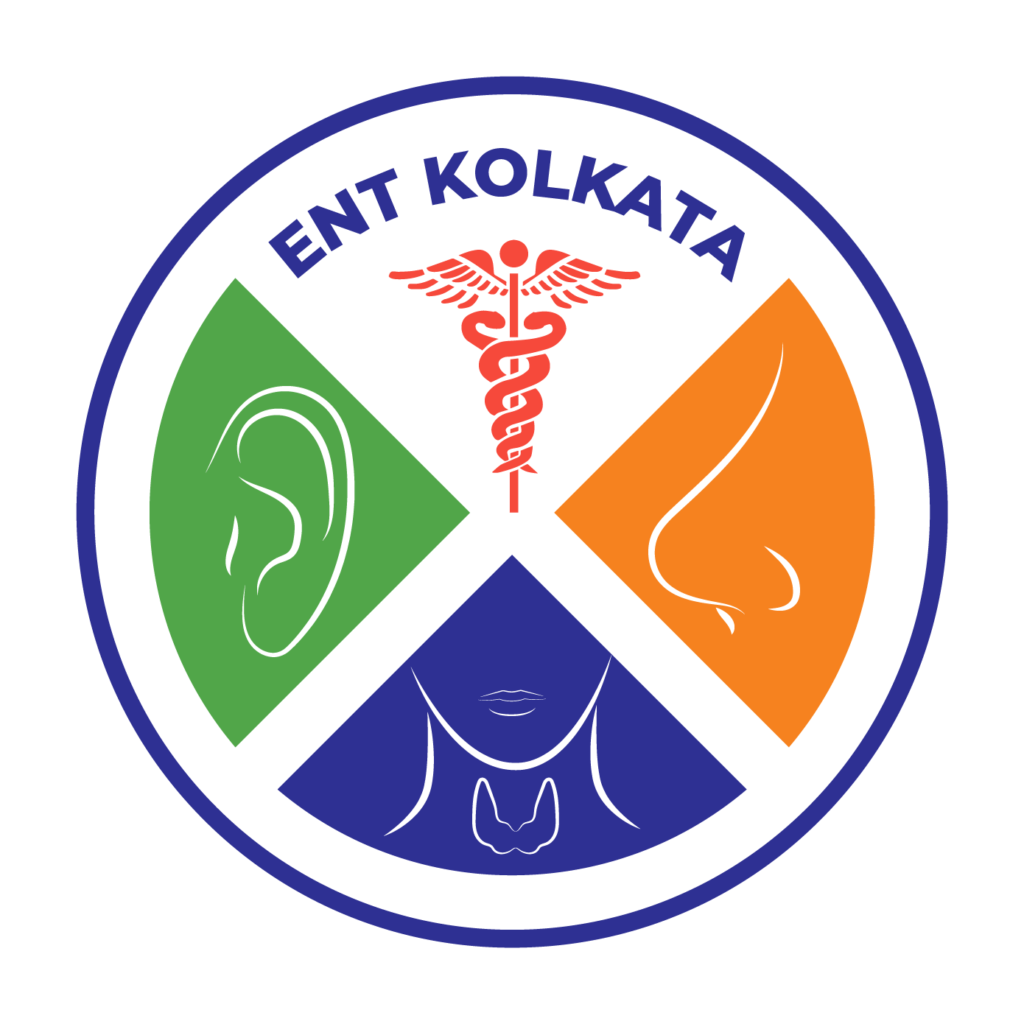Disclaimer: This content is for educational purposes only. Always consult qualified medical professionals for proper diagnosis and treatment of your specific condition.
Morning headaches frequently signal underlying sleep disorders that may involve ENT-related breathing difficulties during nighttime hours. Understanding the relationship between sleep quality, respiratory function, and headache development requires comprehensive medical knowledge about sleep physiology and upper airway anatomy. Medical professionals such as ENT Doctor Kolkata possess specialized expertise in evaluating these complex sleep-breathing connections through evidence-based diagnostic approaches.
Medical Understanding of Sleep-Related Headaches
Sleep disorders can contribute to morning headache development through multiple physiological mechanisms including oxygen desaturation, carbon dioxide retention, and disrupted sleep architecture that affects normal neurological recovery processes during rest periods.
ENT Doctor Kolkata recognize that upper airway obstruction during sleep can create breathing difficulties that directly impact brain oxygen levels and sleep quality. These disruptions often result in morning symptoms including headaches, fatigue, and cognitive difficulties that persist throughout the day.
Sleep-disordered breathing encompasses various conditions ranging from simple snoring to complete airway obstruction that require different medical approaches for accurate diagnosis and appropriate treatment planning.
ENT Anatomical Factors in Sleep Breathing Disorders
The upper respiratory tract plays a crucial role in maintaining normal breathing patterns during sleep when natural muscle relaxation can compromise airway patency. ENT Doctor Kolkata evaluate multiple anatomical structures that contribute to sleep breathing function.
Nasal Airway Assessment
Nasal obstruction from any cause can force mouth breathing during sleep, leading to throat drying, tissue irritation, and potential breathing difficulties that affect sleep quality.
Septal deviations, turbinate hypertrophy, and nasal polyps represent common structural causes of nasal obstruction that may contribute to sleep breathing difficulties and associated morning headache symptoms.
Pharyngeal Space Assessment
The throat area includes multiple soft tissue structures that can obstruct breathing during sleep when normal muscle tone decreases. Enlarged tonsils, elongated soft palate, and increased tongue size can contribute to airway narrowing.
Pharyngeal tissues may collapse during sleep in susceptible individuals, creating partial or complete breathing obstruction that triggers awakening responses and disrupts normal sleep architecture.
Sleep Apnea Medical Considerations
Obstructive sleep apnea represents the most serious form of sleep-disordered breathing, characterized by complete or partial airway obstruction episodes that significantly impact oxygen levels and sleep quality throughout the night.
Medical Pathophysiology of Sleep Apnea
Repeated breathing interruptions during sleep create cycles of oxygen desaturation and arousal that prevent normal deep sleep phases necessary for neurological recovery. These disruptions directly contribute to morning headache development through various mechanisms.
Carbon dioxide retention during breathing interruptions can cause cerebral blood vessel dilation that triggers headache pain upon awakening. Additionally, disrupted sleep prevents normal neurological recovery processes that help prevent headache development.
ENT Contributing Medical Factors
Anatomical abnormalities within the upper respiratory tract often contribute to sleep apnea development by creating areas of increased airway resistance or collapse potential during sleep-related muscle relaxation.
Medical evaluation by ENT specialists can identify structural factors that contribute to sleep breathing difficulties and determine appropriate treatment approaches that address these anatomical concerns.
Comprehensive Medical Sleep Assessment
Proper evaluation of sleep-related headaches requires systematic medical assessment that examines both sleep quality and potential ENT contributing factors through specialized diagnostic approaches.
Medical History Documentation
Detailed sleep history includes questions about snoring patterns, witnessed breathing interruptions, morning headache characteristics, and daytime symptoms that may indicate sleep breathing disorders requiring medical intervention.
Partner observations often provide valuable information about nighttime breathing patterns, snoring intensity, and apparent breathing interruptions that patients themselves may not recognize or remember.
Physical Medical Examination
ENT examination focuses on upper airway anatomy including nasal patency, pharyngeal space assessment, and identification of anatomical factors that may contribute to sleep breathing difficulties.
Neck circumference, jaw position, and overall facial anatomy provide additional information about sleep apnea risk factors that help guide appropriate diagnostic testing recommendations.
Medical Diagnostic Testing
When sleep breathing disorders are suspected as contributing factors to morning headaches, medical professionals may recommend specialized testing to confirm diagnosis and guide treatment planning.
Sleep Study Medical Evaluation
Polysomnography represents the standard diagnostic test for sleep breathing disorders, providing detailed information about breathing patterns, oxygen levels, and sleep quality throughout the night.
Home sleep testing may be appropriate for certain patients with suspected sleep apnea, offering convenient diagnostic options while providing essential information about breathing during sleep.
ENT-Specific Medical Assessment
Nasal endoscopy allows direct visualization of nasal anatomy and identification of obstructive factors that may contribute to sleep breathing difficulties and associated headache symptoms.
Sleep endoscopy, performed during medically induced sleep, can reveal dynamic airway obstruction patterns that occur specifically during sleep conditions and help guide surgical treatment planning.
Medical Treatment Approaches
Treatment of sleep-related morning headaches requires addressing underlying sleep breathing disorders through various medical approaches that may include both conservative management and procedural interventions.
Lifestyle Modifications
Successful management of sleep-related headaches often requires comprehensive lifestyle modifications that support healthy sleep patterns and optimal respiratory function during nighttime hours.
Sleep Hygiene Medical Recommendations
Consistent sleep schedules, comfortable sleep environments, and appropriate bedroom conditions all contribute to improved sleep quality and reduced morning headache frequency.
Medical Follow-up and Monitoring
Long-term management of sleep-related headaches requires ongoing medical monitoring to ensure treatment effectiveness and make appropriate adjustments based on changing symptoms or conditions.
Treatment Response Medical Assessment
Regular evaluation of headache frequency, sleep quality, and overall symptom improvement helps medical professionals assess treatment effectiveness and make necessary modifications to therapeutic approaches.
Objective measurements including sleep study follow-up may be recommended to document treatment response and ensure optimal management of underlying sleep breathing disorders.
Medical Research and Advancement
Ongoing medical research continues to improve understanding of sleep breathing disorders and develop more effective treatment approaches for sleep-related headache conditions.
Evidence-based treatment protocols incorporate current research findings to provide patients with the most effective management strategies based on scientific understanding of sleep physiology and respiratory function.
About Prof(Dr.) Indranath Kundu
Prof(Dr.) Indranath Kundu is a qualified ENT specialist with clinical experience in evaluating sleep-related breathing disorders that contribute to morning headaches. His medical practice emphasizes comprehensive upper airway assessment and evidence-based treatment approaches.
Professional Medical Qualifications:
- ENT clinical experience in sleep breathing disorders
- Understanding of upper airway anatomy and sleep physiology
- Commitment to evidence-based medical practice
Medical Treatment Philosophy:
- Comprehensive sleep breathing evaluation
- Multidisciplinary treatment coordination
- Patient-centered care approaches
For patients experiencing morning headaches that may be related to sleep breathing disorders, consultation with qualified ENT specialists is recommended for proper medical evaluation. Prof(Dr.) Indranath Kundu is an experienced ENT specialist available for medical consultation regarding sleep-related breathing conditions when professional assessment is required.
Note: This information is educational only. Individual medical conditions require professional evaluation and personalized treatment planning by qualified healthcare providers.
